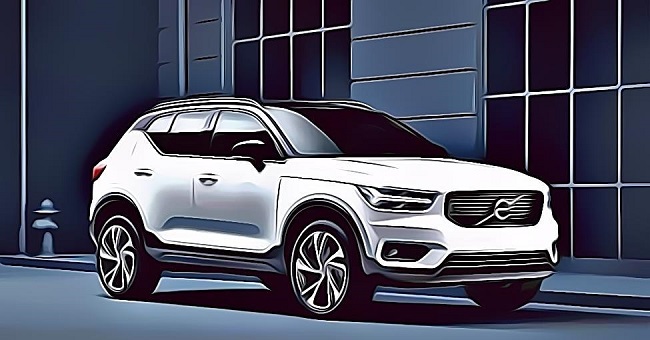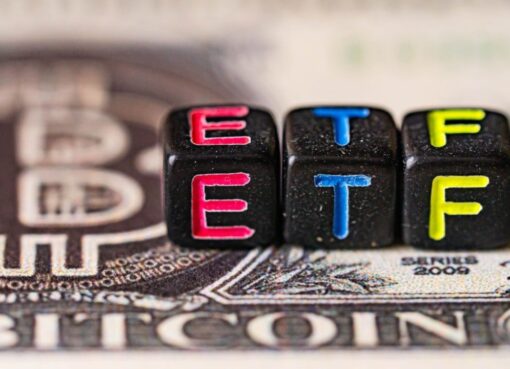Volvo Cars is the first car manufacturer company that will implement blockchain technology to trace cobalt in its batteries for ethical purposes.
Volvo made the announcement during the launch of XC40, its first ever fully electric car. Why would a user of an electric car need to trace cobalt? The key is making sure that the user is made fully aware of how the raw material (cobalt) for their lithium ion batteries is sourced. This is where blockchain comes in.
Blockchain helps in establishing a reliable data network where the source of the raw material is easily shared without any fear of change. Blockchain technology uses cryptography to store an interconnected list of ledgers. These ledgers contain information about the transactions which cannot be changed. This provides users with untampered data.
The data that is stored in the ledger can vary according to the requirements. For Volvo, the data would be focused on things such as weight, origin and size of cobalt. It will also list the chain of custody.
Volvo’s Head of procurement Martina Buchhauser commented on the use of blockchain, noting that this development will ensure ethical use of cobalt by its users:
“With blockchain technology we can take the next step towards ensuring full traceability of our supply chain and minimizing any related risks, in close collaboration with our suppliers.”
LG Chem South Korea and CATL China will help Volvo in implementing the technology in its batteries from this year onwards. The agreement is for a whole decade, during which the two companies will help in integrating blockchain.
The companies were chosen because of their long relationship with Volvo. They already follow Volvo’s guidelines when it comes to reduction of carbon emission, competitive cost models, responsible supply chain etc. The system has already been tested in August and is ready to use.
Blockchain in the Auto Industry
Volvo Cars launched the XC40 Recharge in October, the first of an upcoming family of fully electric cars under the Recharge banner. By 2025, Volvo predicts that half of its global sales will consist of fully electric cars, with the rest hybrids.
Recently, Volvo also introduced a thorough climate plan, along with showing environmental friendly commitment towards introducing an ethical business model across all of its operations. It plans on reducing the carbon emission of each of its car by 40%, and plans on reaching that target by 2025.
Volvo isn’t the first automobile company to implement blockchain technology in recent years. Volkswagen has already begun promoting mineral tracebality with a blockchain platform, Mercedes-Benz tested a blockchain prototype for transparency, and a consortium of five automobile companies (BMW, Ford, General Motors, Groupe Renault and Honda) is collaborating on a blockchain-based vehicle payment system.






